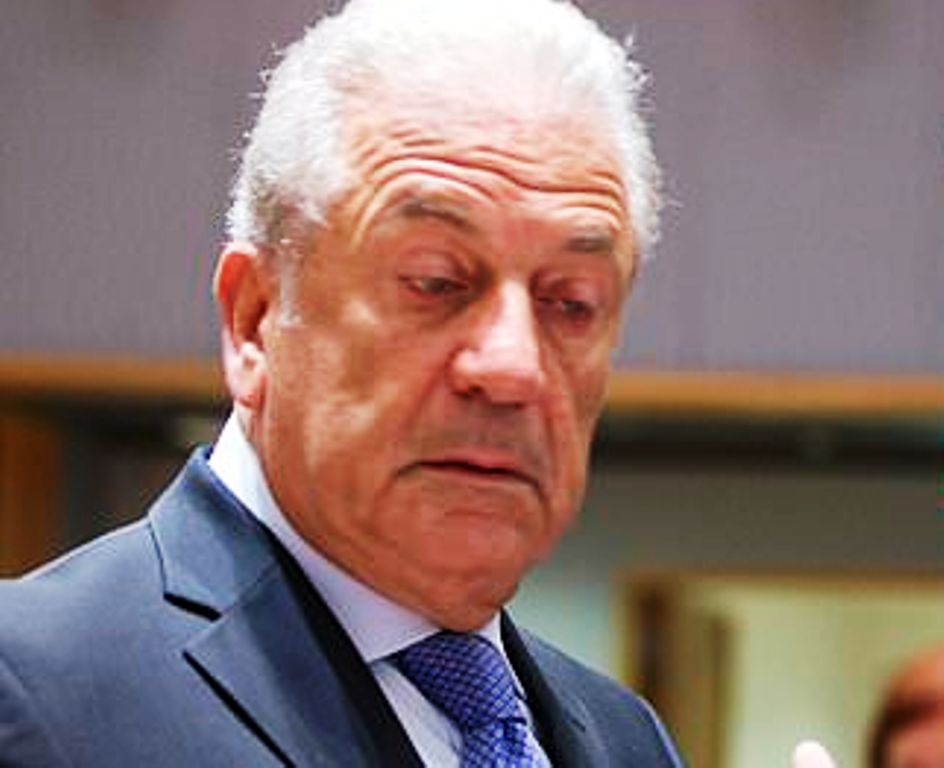
During the presentation of the report, Dimitris Avramopoulos, Commissioner for Migration, Home Affairs and Citizenship, said: "We are fully committed to safeguarding visa-free travel for citizens of the Western Balkans and Eastern Partnership countries and we are working together with their governments towards this goal. But ensuring this comes with responsibilities, for both citizens and the relevant authorities.”
Meanwhile, the EU official also added that: “While we acknowledge the efforts of these countries to ensure that the progress made is sustained and that reforms continue to deliver concrete results, further work is needed. We expect all countries to step up their efforts to address irregular migration and fight organised crime and corruption in particular."
Yesterday’s report is the first assessment under the new monitoring mechanism for the eight countries that have concluded visa liberalisation dialogues with the EU. The assessment shows that all eight Western Balkan and Eastern Partnership countries have demonstrated strong commitment to meeting the necessary requirements and have undertaken important efforts to implement a number of far-reaching reforms set out under the visa liberalisation process. It is now imperative that those reforms are sustained and that the countries do not backtrack on their achievements. The report focuses on the areas where further actions are required, in particular irregular migration and readmission, fight against corruption and money laundering as well as public order and security.
Efforts to curb irregular migration are yielding results
The measures which all eight countries have continued to take to address irregular migration are yielding results. These efforts have resulted in a considerable overall decrease in the number of asylum applications made in EU Member States by citizens of the countries concerned. However, challenges still persist, in particular in Albania, the country with the highest number of unfounded asylum applications amongst the visa-free states. The Albanian authorities have been active in strengthening measures to address irregular migration and improving cooperation with the Member States most affected. These measures are already yielding results but efforts need to be sustained to ensure implementation continues unabated. With fluctuating numbers of refusals of entry and irregular stays, the Commission calls on all countries concerned to take specific actions, ranging from strengthening border controls to organising information campaigns on visa-free travel.
Cooperation on readmission continues smoothly for all Western Balkan and Eastern Partnership visa-free countries with high return rates overall. To further improve cooperation on return, the Commission calls on the Western Balkan countries to continue the effective implementation of readmission agreements and if necessary, conclude implementing protocols with additional Member States.
More work needed to fight corruption and organised crime
Despite continuous efforts to prevent and fight against organised crime, crime groups from the visa-free countries concerned are still active across a broad range of criminal activities in the EU, including trafficking in human beings and illicit goods, property crime, migrant smuggling and cybercrime. All eight countries need to step up their action to further tackle the issue of organised crime.
As regards the prevention of and fight against corruption and money laundering, Moldova in particular needs to take immediate action to ensure the continuous implementation of this visa liberalisation benchmark and the sustainability of the reforms carried out so far. In view of recent developments, Ukraine also needs to take immediate action to safeguard anti-corruption measures introduced with previous reforms and to allow further progress to be made.
The Commission will report again to the European Parliament and the Council on the continuous fulfilment of visa liberalisation requirements in 2018.
Background
Yesterday’s report follows up on the Commission's legal obligation under the strengthened visa suspension mechanism, adopted in March 2017, to monitor the continuous fulfilment of visa liberalisation requirements by non-EU countries and to report on those matters to the European Parliament and the Council at least once a year.
The assessment of the visa liberalisation benchmarks applies to countries which have successfully concluded visa liberalisation dialogues according to relevant action plans and roadmaps, i.e. Western Balkan and Eastern Partnership countries.
For the Western Balkans, the new report replaces the previous post-visa liberalisation monitoring reports and covers the period since the last such report from February 2015. For the Eastern Partnership countries, the report covers the period since the Final visa liberalisation progress reports adopted in December 2013 for Moldova and in December 2015 for Georgia and Ukraine.
Citizens of Montenegro, Serbia and the former Yugoslav Republic of Macedonia can travel to the EU without a visa since December 2009. For citizens of Albania and Bosnia and Herzegovina, this is possible since the end of 2010. For the Republic of Moldova visa-free travel entered into force in April 2014, for Georgia in March 2017 and for Ukraine in June 2017.




 ALB
ALB
 ENG
ENG
